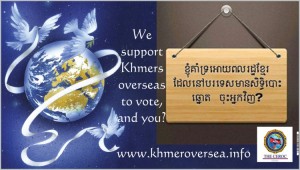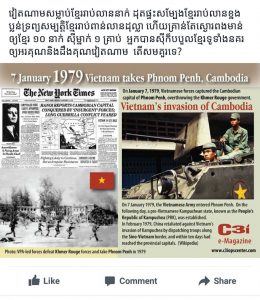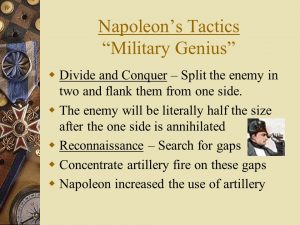Op-Ed: Khmer Time
Why Did Vietnam Overthrow the Khmer Rouge in 1978?
PHNOM PENH Aug. 7 (Khmer Times) – For historians, a black hole yawns in modern Cambodian history.

This is the decade after Vietnamese troops expelled the Khmer Rouge from Phnom Penh, on January 7, 1979. For another 10 years, Cambodia was run virtually as a Vietnamese colony, until September 1989, when the last Vietnamese troops left Cambodia.
Today, none of the major players has any incentive to open archives for historians.
In Vietnam, the Communist Party of Vietnam continues it unbroken hold on power. In Moscow, Soviet KGB archives have been sealed on orders of President Putin, a former KGB colonel.
And in Cambodia, Prime Minister Hun Sen got his political start 35 years ago, when he was appointed a Deputy Prime Minister of the Vietnamese-installed government in Cambodia.
Bernd Schaefer, a German historian of the Cold War era, has found a unique end run around this history blackout.
East German Archives
He studies the East German secret police and diplomatic files on Cambodia and Vietnam during this hidden decade.
Next to the Soviet KGB, East Germany’s Stasi secret police was the main training partner of Vietnam’s secret police. In 1978, Vietnam became a full member of the
Soviet Union’s COMECON economic bloc and signed a friendship treaty with Moscow. Until the collapse of communist East Germany in 1990, its diplomats had wide access to political reporting from Communist ambassadors stationed in Hanoi and Phnom Penh.
Every year, Schaefer, a senior scholar with the Woodrow Wilson International Center’s Cold War International History Project in Washington, travels to Phnom Penh to lecture on Cambodian history at Meta House. Between lectures, he sat down at Villa Langka for an extensive interview with the Khmer Times.
Why did Vietnam invade Cambodia in December 1978?
“From the East German files I have seen, from early 1978 on, the Vietnamese were committed to replace him, to get rid of Pol Pot, and to get a sympathetic government in Phnom Penh,” said Schaefer. “In Hanoi’s eyes, a government friendly to Vietnam was absolutely essential to the security of Vietnam.”
Starting in 1977, the Khmer Rouge conducted cross border raids into Vietnam, killing thousands of Vietnamese civilians. Khmer Rouge leaders spoke openly of wanting to conquer historically Khmer lands in what is modern Vietnam.
Holding Vietnam back was fear of a military reaction by China, the primary geopolitical ally of the Khmer Rouge.
“They were afraid that if Vietnam moved into Cambodia, then the Chinese would move into Vietnam, and then you would have a two front war,” said Schaefer, referring to East German diplomatic cables.
Fear of Chinese Soldiers
In December, 1977, a half-hearted invasion of Cambodia by Vietnam raised the specter in Hanoi of Vietnamese soldiers fighting Chinese soldiers in Cambodia.
“They captured a lot of advisors from China and North Korea, and they extrapolated what were a lot of Chinese soldiers in Cambodia,” Schaefer said of the December 1977 invasion, which stopped 38 kilometers short of Phnom Penh. “Later, when the Vietnamese actually did invade, many of the Chinese they thought were troops were actually construction workers, advisors. And they did not put up a fight.”
Through 1978, the Khmer Rouge continued to attack Vietnamese border towns, and the Vietnamese plotted the timing of a fullscale invasion. They chose a time when China’s leadership was distracted.
The Vietnamese invaded on Dec. 25, 1978, right after a highly divisive Chinese Communist Party plenary session in Beijing. In addition to this distraction, China’s paramount leader of the time, Deng Xiaoping, was preparing to normalize China’s relations with the United States on Jan. 1, 1979, and to make a groundbreaking trip to the United States on Jan. 29. Hanoi seized this window. Its troops reached Phnom Penh in 13 days, on Jan. 7. The West was largely distracted with Christmas and New Year’s holidays.
China’s Punishment
China’s punishment of Vietnam came on Feb.17, barely two weeks after Deng returned from the United States. China’s cross border attack on Northern Vietnam was purely punitive. Vietnamese troops remained in Cambodia for a decade.



